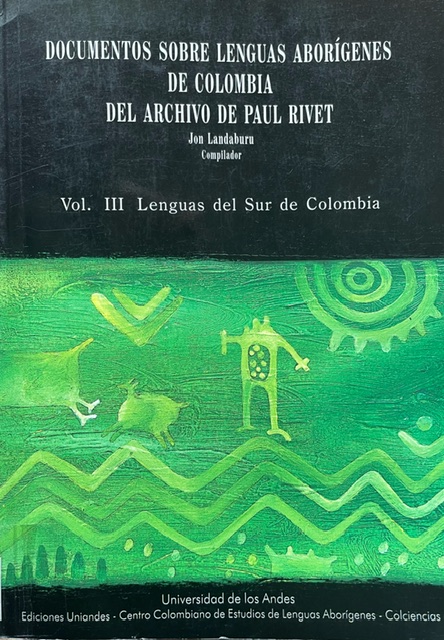Grammar without grammaticality : growth and limits of grammatical precision / Geoffrey Sampson, Anna Babarczy
Tipo de material: TextoIdioma: Inglés Series Trends in Linguistics Studies and Monogrphs ; 254Editor: Berlin ; Boston : De Gruyter Mouton, 2014Descripción: xv, 341 páginas ; 23 cmISBN: 9783110488067Tema(s): Gramática comparada y general | Inglés -- Gramática comparada | Chino -- Gramática comparadaClasificación CDD: 415
TextoIdioma: Inglés Series Trends in Linguistics Studies and Monogrphs ; 254Editor: Berlin ; Boston : De Gruyter Mouton, 2014Descripción: xv, 341 páginas ; 23 cmISBN: 9783110488067Tema(s): Gramática comparada y general | Inglés -- Gramática comparada | Chino -- Gramática comparadaClasificación CDD: 415 | Tipo de ítem | Ubicación actual | Colección | Signatura | Copia número | Estado | Notas | Fecha de vencimiento | Código de barras |
|---|---|---|---|---|---|---|---|---|
| Libros | Sede Centro | Colección General | 415 SA192g | ej. 1 | Disponible | tmt10 | 500079980 |
Introduction. -- Grammar before linguistics. -- All grammars leak. -- No common logic. -- “Chicken eat”. -- The case of Old Chinese. -- It cuts both ways. -- Vocabulary differences. -- What can be said about gramar. -- The computational viewpoint. -- The bounds of grammatical refinement. -- An experiment. -- The experimental material. -- The analytic scheme. -- Measuring similarity of analyses. -- Text complexity. -- Overall similarity results. -- Dividing overall discrepancy between annotation categories. -- Assigning responsibility for discrepancies. -- Monitoring for bias. -- Implications of the experiment. -- New research techniques yield novel perspectives. -- Where should annotation stop?. -- Another way to survey indeterminacy. -- Detailed v. skeleton analytic schemes. -- The trainability criterion. -- Limits to expert decision-making. -- Some examples of indeterminacy. -- Annotation practice and linguistic theory. -- A disanalogy with biology. -- Grammar without grammaticality. -- Strangers or unmet friends. -- Unfamiliar does not imply ungrammatical. -- Statistics of construction frequencies. -- A range without boundaries. -- Can intuition substitute for observation?. -- How intuitions have misled. -- Is English special?. -- The analogy with word meaning. -- Grammar as an expression of logical structure. -- Realistic grammatical description. -- Replies to our critics. -- Is our idea controversial?. -- Geoffrey Pullum’s objections. -- No virtue in extremism. -- Stefanowitsch versus Müller. -- Trees have no legs. -- Law versus good behaviour. -- Conceptual objections to our thesis. -- Do we really mean it?. --Grammaticality implied by Universal Grammar. -- The downfall of Universal Grammar. -- Economic growth and linguistic theory. -- Discipline should not contradict discipline. -- Language is not “special”. -- Grammatical description meets spontaneous speech. -- The primacy of speech. -- An example. – Wordtagging. -- Speech repairs. -- Syntactically Markovian constructions. -- Logical distinctions dependent on the written médium. -- Nonstandard usage. -- Dialect difference versus performance error. -- Transcription inadequacies. -- Dropping the paradigm. -- Demographic correlates of speech complexity. -- Speech in the British National Corpus. -- Measuring speech complexity. -- Classifying the speakers. -- Demographics and complexity indices compared. --“Critical period” or lifelong learning?. -- Individual advance or collective retreat?. -- The structure of children’s writing. -- Moving from spoken to adult written norms. -- The language samples. -- The suitability of the child-writing simple. -- Writing “wordier” than speech. -- Width v. depth in parse-trees. -- Interim summary. -- Phrase and clause categories. -- Use of phrase categories. -- Use of subordinate clause categories. -- The complexity of the relative constructions. -- Simple v. complex relatives. -- Unanswered questions. -- Child writing and discourse organization. -- A fixed grammatical programme?. -- New information about a previously identified object. -- The new study: data and methods of analysis. -- Context frequency. -- Syntactic patterns. -- Mistakes with relative clauses. -- The upshot of the analysis. -- Simple grammars and new grammars. -- Pidgins and creoles. -- Old Chinese as a counterexample. -- Old Chinese not a creole. -- Examples of structural vagueness. -- Lack of word clases. -- Logical indeterminacy. -- McWhorter’s diagnostics. -- No tone in Old Chinese. -- No inflexion in Old Chinese. -- Derivational morphology in Old Chinese. -- An accident of history. -- “Hidden” versus “overt” structure. -- Deutscher on Akkadian. -- Diverse paths of evolution. -- The case of the vanishing perfect. -- Losses as well as gains. -- The Perfect aspect and spontaneous speech. -- The standard system and nonstandard alternatives. -- Verb qualifiers in CHRISTINE. -- Past and Perfect. -- got for HAVE got. -- Casual subject-auxiliary omission. -- Modals + of. -- Nonstandard verb forms. -- A possible explanation. -- If one feature can go, what cannot?. -- Testing a metric for parse accuracy. -- The need for a metric. -- Alternative metrics. -- The essence of leaf-ancestor assessment. -- The experimental material. -- Calculation of lineage similarity. -- Are the metrics equivalent?. -- Performance systematically compared. -- Local error information. -- Authority is fallible. -- Linguistics empirical and unempirical. -- What went wrong?. -- Two kinds of empiricism. -- Universal Grammar versus empiricism. -- Arguments against empiricism. -- How empirical should linguistics be?. -- How intuition has led linguists astray. -- Were our intuitions correct after all?. -- Can intuitions be empirical?. -- Is our characterization of generative linguistics misleading?. -- New possibilities. -- The Hirschberg survey of computational linguistics. -- The literature simple. -- Evidence-based, intuition-based, or neutral. -- How much evidence counts as “evidence-based”?. -- Explicit authenticity claims. -- Raw and smoothed counts. -- The match between statistics and history. -- A rearguard action?. -- Empiricism reasserted. -- William Gladstone as linguist. -- Ducking an intellectual challenge. -- What Gladstone didn’t say. -- Gladstone’s positive contributions. -- Intellectual advance depends on a receptive audience. --Minds in uniform. -- Trivializing cultural differences. -- An earlier consensus. -- Globalization concealing cultural diversity. -- Generative linguistics as a theory of human nature. -- Cognitive constraints and cultural universalism. -- “Universal grammar” means European gramar. -- Honest and dishonest imperialism. -- Vocabulary and cultura. -- Universalist politics. -- Abandoning the touchstone of empiricism. -- Intuition-based politics. -- New evidence for language diversity. –Conclusion.
K-T-DRA Compra 15/05/2018 Factura - K32736
Lenguaje y lenguas




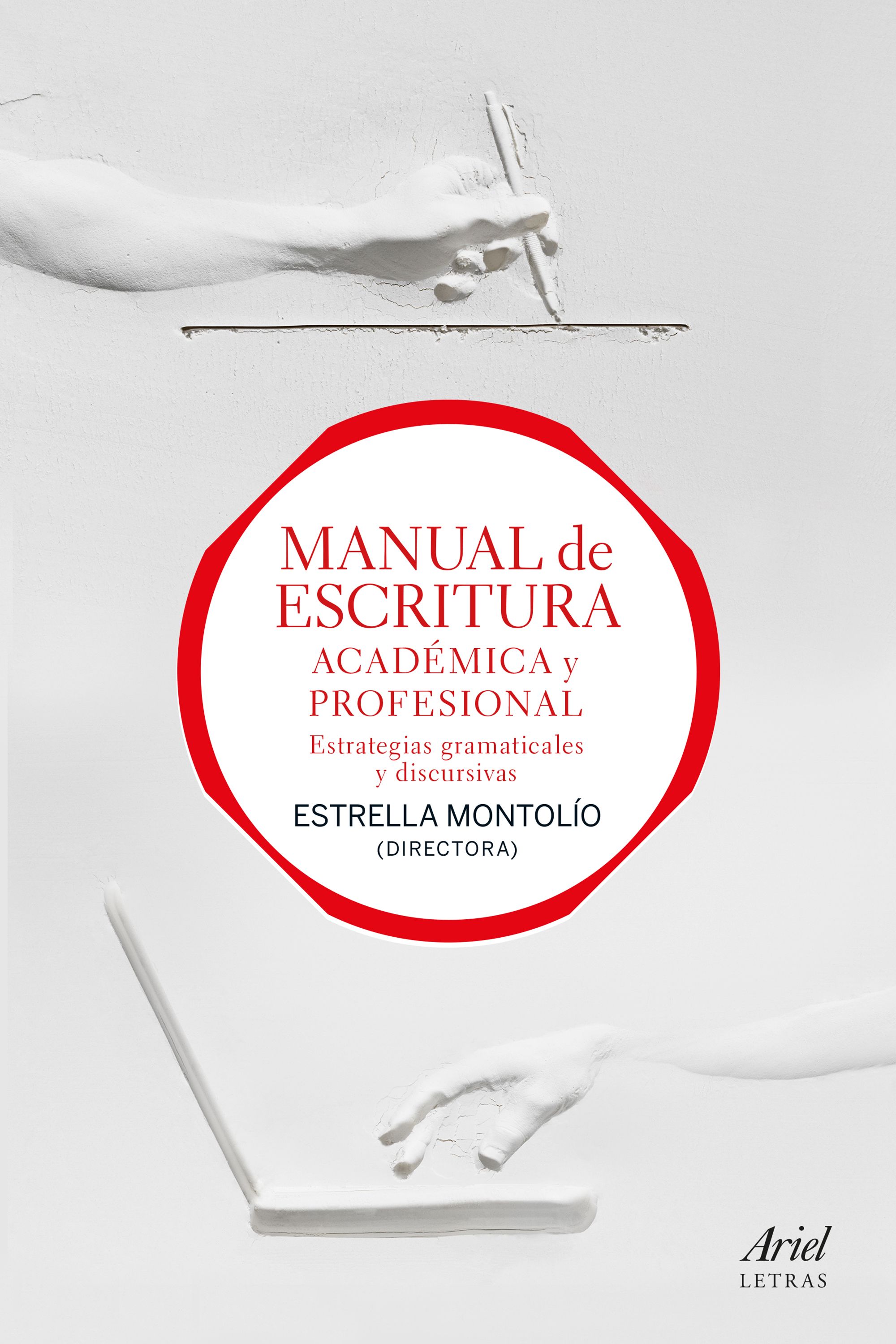
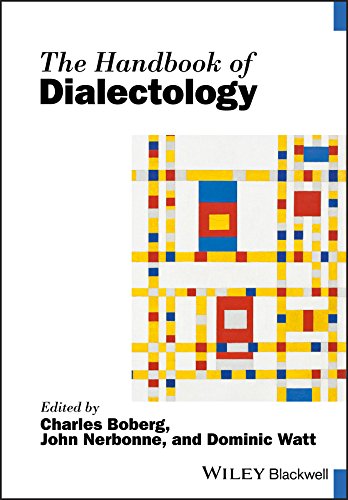
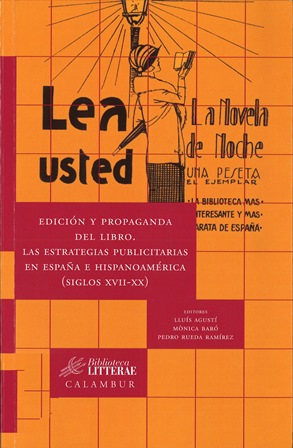
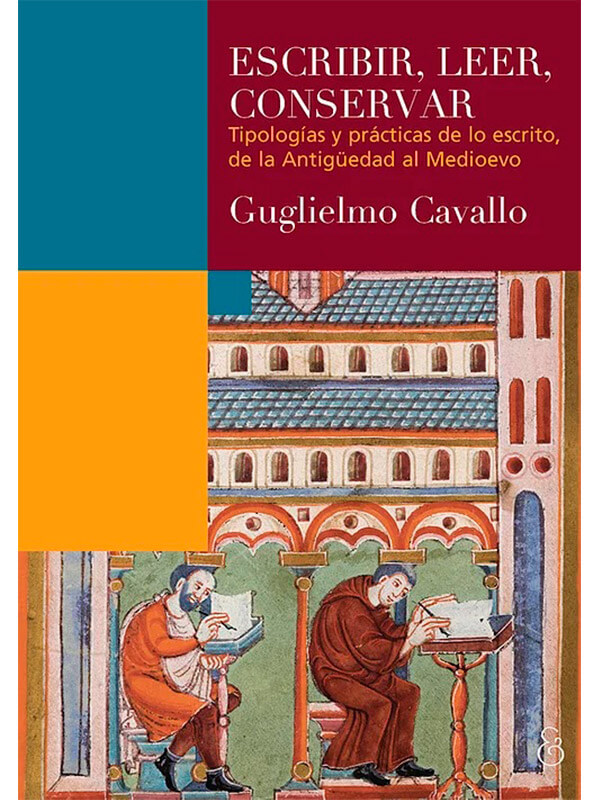
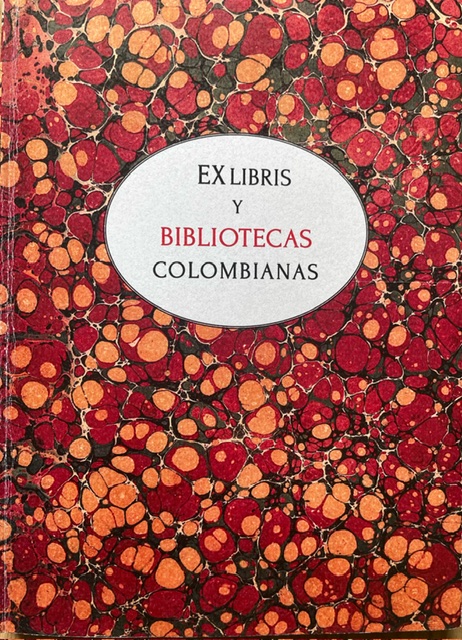
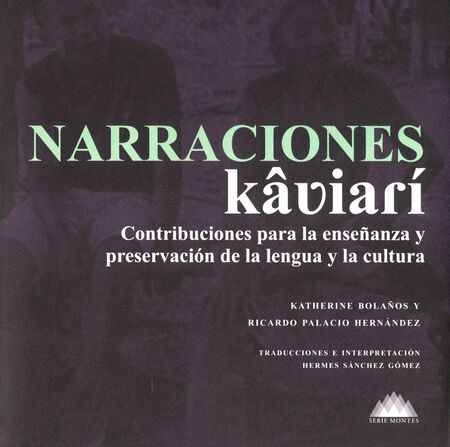
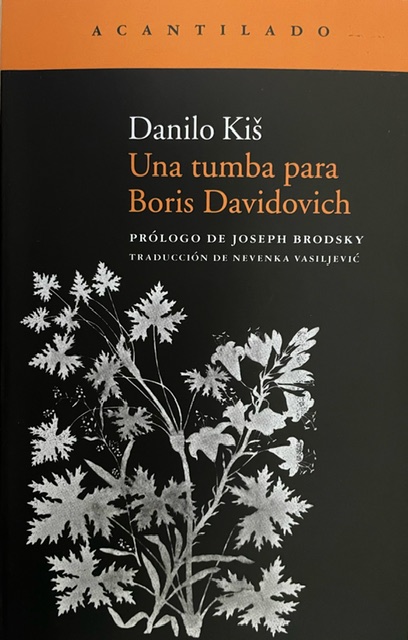
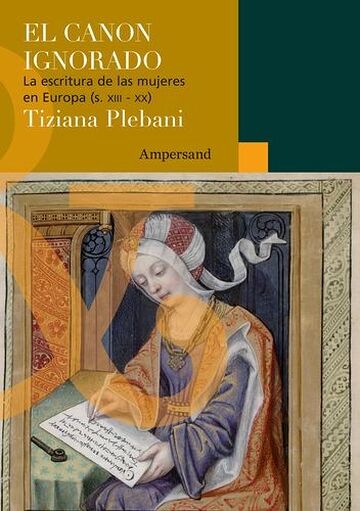
![Los indios katíos: Su cultura [y] su lengua / Constancio Pinto García Los indios katíos: Su cultura [y] su lengua / Constancio Pinto García](https://biblioteca.caroycuervo.gov.co/opac-tmpl/bootstrap/images/Portada9.jpg)
